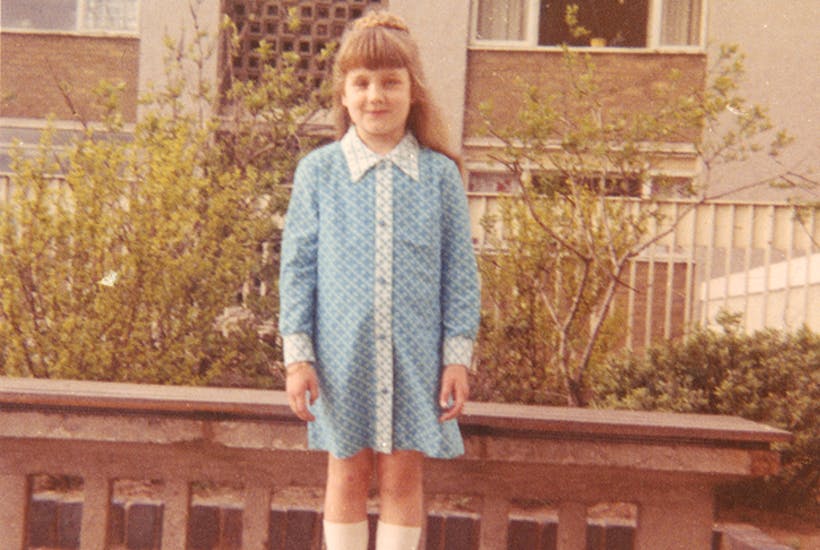Unlike a lot of people in the media, I didn’t personally know Deborah Orr, but I know many who did, and the intensity of their love for her burned very bright after her death in October. They spoke of her wild beauty, her fierce passions and smoky laughter; what great company she was; how every room was more exciting with Deborah in it. Her Twitter feed (until it mysteriously vanished) was intensely funny and beautifully written, and it is heartbreaking that she didn’t live to see her first book published.
Motherwell: A Girlhood, about growing up in a dying Scottish steel town on the cusp of the women’s movement, is a furious book. It is filled with a deep and keening sadness: a howl from the depths, spilling with regret and anger, page after page. Resolution is late and bittersweet when it comes. You wait and wait for the tiniest touch of absolution, for a spark of fun in the incredibly successful trail she blazed through London society; through the media elite; her friends, her own sons. But for all its excellence there is little joy in it (except for a snooker-playing dog that appears right at the end). It is not that kind of book.
We begin with Deborah packing up her mother’s ‘bureau’ — ‘the place where the evidence of our family’s transactions with officialdom was filed’. Every rosette and certificate she comes across jogs memories, almost all bad, but which recreate a swathe of working- and lower-middle-class Scottish life with extraordinary accuracy.
As someone of the same generation, from the same neck of the woods, I can tell you right now: this is exactly what it was like. (You can also find it related excellently in Damian Barr’s Maggie and Me and Kerry Hudson’s superb Lowborn — it’s rather nice to see the central belt having a bit of a moment.)







Comments
Join the debate for just £1 a month
Be part of the conversation with other Spectator readers by getting your first three months for £3.
UNLOCK ACCESS Just £1 a monthAlready a subscriber? Log in